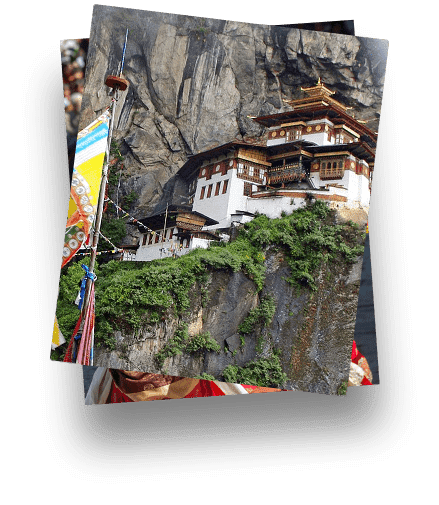You can contact us by e-mail or phone
from uk
01405 862917
outside uk
+44 1405 862917
01405 862917
+44 1405 862917
Essential Information
Travel Health

Essential Information
Travel Health
Only a qualified medical professional should give advice as to your health and with respect to travelling to Nepal or Bhutan. We strongly recommend that you contact your doctor before booking your tailor-made holiday, particularly if you have any pre-existing medical conditions. We also recommend that you contact your doctor around 8 weeks before your holidays to check whether you need any vaccinations or other preventive measures.
Essential Information
Travel Health
One particular question that arises frequently is that of the risk of malaria. For Nepal holidays that visit Kathmandu, Pokhara, the middle hills, and the Himalayas, these areas are malaria-free. However, if your holiday includes a visit to the lowlands (i.e., The Terai), of which the likes of Chitwan, Bardia, Koshi Tappu, Lumbini, and Nepalgunj are part, then you should follow the medical professionals advice as to whether malarial precautions are necessary. Though these are seemingly regarded as low-risk areas, you can of course reduce the risk of being bitten by not exposing bare flesh (e.g., not wearing t-shirts and shorts, particularly after the sun has set) and using an appropriately formulated insect repellent. Accommodations we use in the Terai region will have mosquito netts surrounding the beds.
Bhutan is not considered a malarial risk.
As part of our tailor-made service, we provide all bookings with a suggested list of things to bring with you in a first aid or medical kit.
However, as a general rule, we suggest you obtain a general purpose anti-biotic such as Ciprofloxacin (for the treatment of gastric infections) and an anti-biotic for chest infections such as Amoxycillin. Usually, these are only available on prescription from your doctor. Your doctor may prescribe different medications than these, but either way, you should first seek your doctor's advice as to the use and administration of any medicine. If you already take prescribed medicines for an existing medical condition, then please ensure you travel with a sufficient amount that will cover the duration of your holiday. We would also recommend that you bring a copy of the prescription if you are already taking a prescribed medication. Carrying Diamox is compulsory for all holidays that exceed 2500m. You may need to ask your doctor for a prescription for Diamox.
Please see our Altitude section in our Important Information regarding altitude, trekking and other physical activities
Medication
If you are planning to take medication into Nepal or Bhutan, you should bring the prescription.
We recommend you also visit the Fit For Travel NHS UK website for the latest information on travel health for Nepal and Bhutan, both prior to booking and subsequent travel. The links below will take you to the NHS Fit For Travel Nepal or Bhutan pages.
TRAVEL GUIDES
Everything you need to Know
Whether you're a first time visitor or a regular, our handy and illustrated travel guides showcase the beauty and wonders of Nepal and Bhutan, as well as containing lots of useful information too.

All rights reserved. Snow Cat Travel is a Registered Trade Mark UK 00003289264


